Whether it’s reeling from the COVID-19 pandemic, attempting to navigate a world rife with inequalities on every level, or battling the very serious climate crisis, it’s clear that we’re in the midst of a mental health crisis.
With the growing rates of mental health disorders, it’s clear that there is a need for innovative and unconventional solutions. Various studies have found how cannabis can play a role in the treatment and management of mental health disorders. The change in attitudes towards medical cannabis has opened the door for other alternative therapies that were stigmatized, and even illegal, especially because they can be an effective tool in managing mental health disorders.
One of these therapies? Psychedelics. Research continues to demonstrate their potential as a treatment for mental health disorders.
Psychedelics Renaissance
Granted, when some people think of psychedelics, they might imagine a fantasy-fueled trip at Woodstock. However, there’s more to them than you may think.
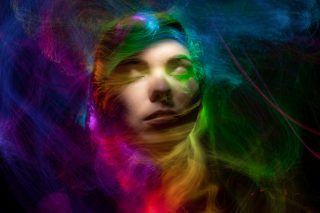
Photo by Merlin Lightpainting from Pexels
Psychedelics and their psychological effects have been studied for decades. Sadly, thanks to Reagan’s War on Drugs approach in the ’70s and ’80s, psychedelics were banned and research was halted.
However, research soon opened back up in the late 90s. Psychedelics then began to experience a resurgence, leading to more studies and clinical trials. This research has led to the belief that psychedelics could be powerful tools for mental disorders.
Psychedelics for Mental Health
Over the past few years, data continues to show psychedelics’ effect on mental health treatment and management, with psilocybin (magic mushrooms), Ketamine (a ‘party drug’), and MDMA (ecstasy) being at the forefront of the mental health revolution.
Psilocybin
Psilocybin is the active compound found in magic mushrooms, and it’s emerged as the most popular psychedelic that can be used in mental health treatment.
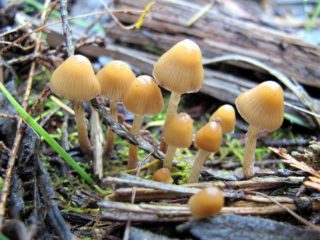 According to a study published in the New England Journal of Medicine earlier this year, just two doses of 20 mg psilocybin mushroom were found to be as effective as six weeks of the antidepressant Lexapro in people with long-standing moderate-to-severe major depressive disorder (MDD).
According to a study published in the New England Journal of Medicine earlier this year, just two doses of 20 mg psilocybin mushroom were found to be as effective as six weeks of the antidepressant Lexapro in people with long-standing moderate-to-severe major depressive disorder (MDD).
Additionally, with so many people reeling from mental health issues post-pandemic, research has suggested that psilocybin could be used in the treatment of pandemic-related mental health issues (1).
Ketamine
Known as a party drug, ketamine is becoming more and more popular because it may be an effective tool in addressing severe depression. Moreover, a ketamine derivative is found in the nasal spray Spravato and this spray has been approved by the FDA to treat adults with treatment-resistant as well as severe depression.
MDMA
Popularly known as Ecstasy or Molly, MDMA has been shown to help those suffering from severe post-traumatic stress disorder (PTSD).
A study published in Nature Medicine followed 90 people with PTSD. The participants were broken up into two groups. One group received MDMA during therapy and the other receiving an inactive placebo. Two months after treatment, 67% of participants from the MDMA group no longer qualified for a diagnosis of PTSD. This was compared to 32% of the placebo group. 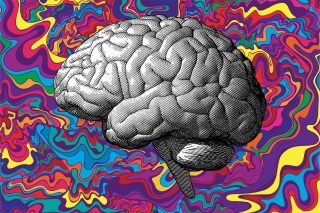
While some of the participants from the MDMA group experienced mild symptoms like nausea and loss of appetite for some time, MDMA produced no serious adverse side effects.
Now, while these findings are incredibly exciting, the Food and Drug Administration needs a second positive Phase 3 trial before approving the use of MDMA for PTSD treatment.
But are they safe?
“The clinical trials that have been reported on depression have been done under highly circumscribed and controlled conditions,” says Bertha Madras, a psychobiologist at Harvard Medical School.
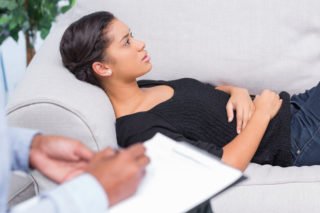
wavebreakmedia/shutterstock
Psychedelics are powerful and unpredictable drugs. Therefore, therapists need to work alongside clinicians who can effectively promote safety.
The bottom line
There is growing evidence that psychedelics will play a pivotal role in a post-pandemic world. After all, mental health disorders are sure to be at the forefront. Having said that, those looking to try them for mental health relief should only do so with the help of a trained professional.
Longevity Live Disclaimer: This article does not endorse the use of any psychedelic for recreational use.
References
Carhart-Harris, R., Giribaldi, B., Watts, R., Baker-Jones, M., et al. (2021). Trial of Psilocybin versus Escitalopram for Depression. The New England journal of medicine, 384(15), 1402–1411. https://doi.org/10.1056/NEJMoa2032994
Mitchell, J.M., Bogenschutz, M., Lilienstein, A. et al. (2021). MDMA-assisted therapy for severe PTSD: a randomized, double-blind, placebo-controlled phase 3 study. Nat Med 27, 1025–1033. https://doi.org/10.1038/s41591-021-01336-3


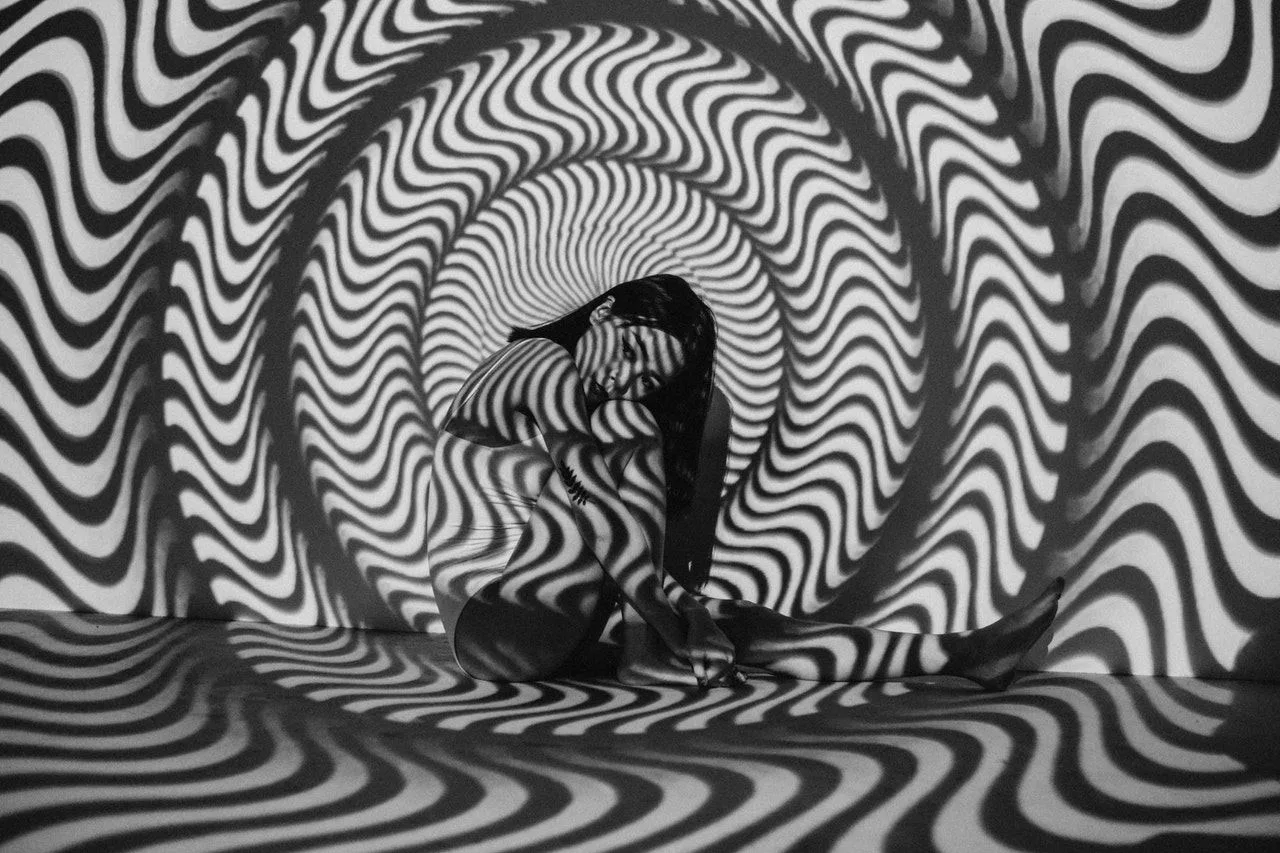
![women [longevity live]](https://longevitylive.com/wp-content/uploads/2020/01/photo-of-women-walking-down-the-street-1116984-100x100.jpg)










